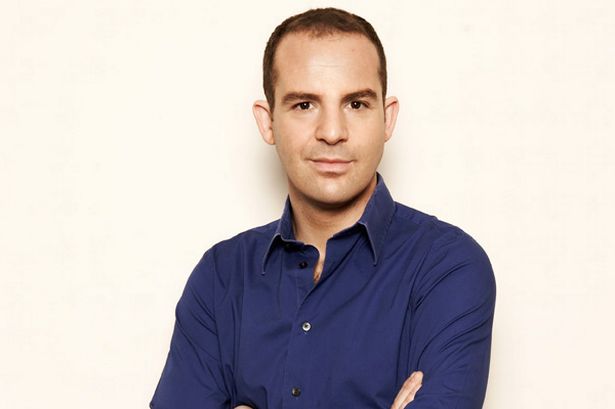Rates on all major forms of consumer credit have declined since the end of 2022 through to February, new analysis from Freedom Finance has shown.
The broker looked at Bank of England data to find that average quoted household rates on credit cards, personal loans and overdrafts have all declined since the end of last year.
Following seven months of consecutive increases, £5,000 personal loan rates have now registered two monthly declines. Freedom Finance revealed they have fallen to 10.08% in February 2023, from 10.19% in December 2022, but remain far higher than the 7.73% recorded in February 2022.
Similar to smaller-sized personal loans, Freedom Finance’s analysis showed that £10,000 personal loan rates had recorded 10 consecutive monthly increases to the end of 2022, reaching 6.01%. They have since dropped back to 5.94% as of February 2023, compared to 3.84% in February 2022.
The analysis also considered credit card rates, and Freedom Finance found that these reached their highest level this millennium last year as they hit 22.48% at the end of 2022. They remain at historic highs but have dropped to 22.44% through to February 2023, although are up on 21.44% in February 2022.
Furthermore, overdraft rates have been steadily nudging up since new regulations drove a spoke in the recorded average quoted rates. As with the other products analysed, they have dropped back to 35.24% in February 2023, compared to 33.95% in February 2022, from all-time highs at the end of 2022.
Total consumer credit borrowing reached £1.6bn in January – its highest level since June 2022 – driven primarily by credit card borrowing alongside consumer confidence beginning to rebound despite remaining at historically depressed levels.
“Consumer credit has not escaped the economic and cost of living headwinds of the past year with average rates seeing substantial increases,” said chief growth officer at Freedom Finance, Andrew Fisher.
“However, with the interest rate raising cycle appearing to be near an end and the economic outlook brightening, I am delighted for our customers who can benefit from this as the cost of consumer credit borrowing starts to fall back just as we have seen in the mortgage market.
“If rates continue to fall we expect to see growing demand from consumers looking to consolidate debt, particularly those people who took out products when borrowing was at its most expensive. As ever, whether it is new borrowers or consolidators, following best practice and using all the tricks at their disposal will be vital to achieving good outcomes.”
Latest News
-
Residential property transactions fall 24% month-on-month
-
Later life lending loans jump 5.1% in Q4 2025
-
Mortgage Awards 2026: Winners announced
-
FCA outlines proposals to close gaps in borrowers’ credit files
-
St. James’s Place closes 2025 with record FuM
-
Average LTV on UK mortgaged home drops to 59% – IMLA
Mortgage Advice Bureau and AI in the mortgage sector
Chief executive officer at Mortgage Advice Bureau, Peter Brodnicki, and founder and managing director at Heron Financial, Matt Coulson, joined content editor Dan McGrath to discuss how Mortgage Advice Bureau is using artificial intelligence to make advancements in the mortgage industry, the limitations of this technology and what 2026 will hold for the market
Perenna and the long-term fixed mortgage market

Content editor, Dan McGrath, spoke to head of product, proposition and distribution at Perenna, John Davison, to explore the long-term fixed mortgage market, the role that Perenna plays in this sector and the impact of the recent Autumn Budget
NEW BUILD IN FOCUS - NEW EPISODE OF THE MORTGAGE INSIDER PODCAST, OUT NOW

Figures from the National House-Building Council saw Q1 2025 register a 36% increase in new homes built across the UK compared with the same period last year, representing a striking development for the first-time buyer market. But with the higher cost of building, ongoing planning challenges and new and changing regulations, how sustainable is this growth? And what does it mean for brokers?
Does the North-South divide still exist in the UK housing market?

What do the most expensive parts of the country reveal about shifting demand? And why is the Manchester housing market now outperforming many southern counterparts?
In this episode of the Barclays Mortgage Insider Podcast, host Phil Spencer is joined by Lucian Cook, Head of Research at Savills, and Ross Jones, founder of Home Financial and Evolve Commercial Finance, to explore how regional trends are redefining the UK housing, mortgage and buy-to-let markets.
In this episode of the Barclays Mortgage Insider Podcast, host Phil Spencer is joined by Lucian Cook, Head of Research at Savills, and Ross Jones, founder of Home Financial and Evolve Commercial Finance, to explore how regional trends are redefining the UK housing, mortgage and buy-to-let markets.
© 2019 Perspective Publishing Privacy & Cookies











Recent Stories